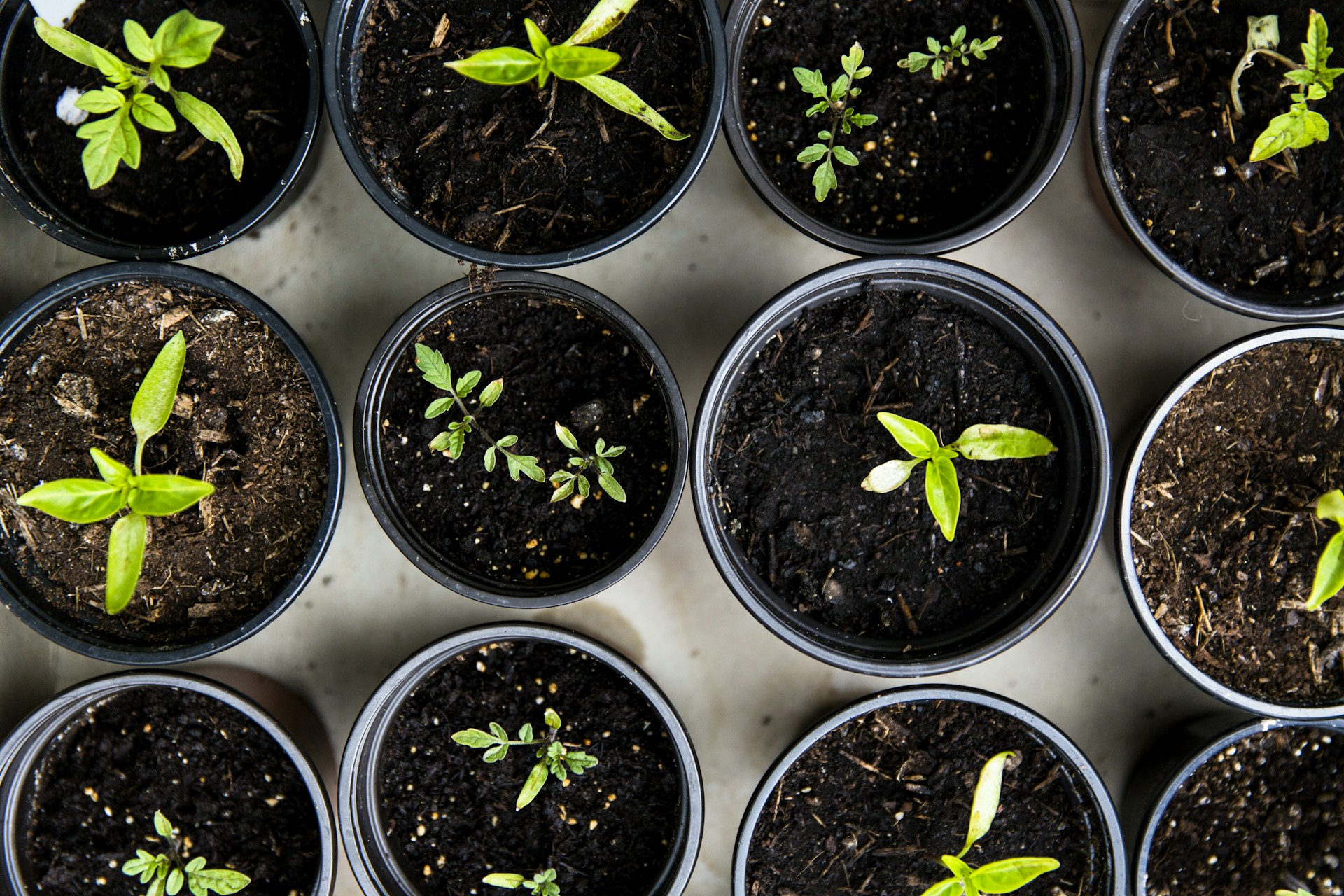


The Growery began as a concept in 2014 of “Ireland’s first urban food commons”, a voluntary and community supported initiative created to benefit the health and well being of participants while also serving the wider community of both place and interest through the open activity of regenerating a shared outdoor space, growing food, and trialling various partnerships along the way. The initiative cast itself as a “food commons” based on the definition of a ‘commons’ as denoting a resource that is open to, and managed by, those who sustain and regenerate it.
The founding initiative was one of necessity on the part of its founder, the author, Eimhin Shortt, who having experienced debilitating Crohns disease, and disproportionate time in hospital since onset in 2008, had taken to research the problem of IBS from the perspective of nutrition to find a solution, and with it some quality of life.
The Growery is a community based initiative and has had the support of a great many people locally and nationally who have given of their time and experience in the interest.
At the same time it should be noted that this unique project would not have come about, nor could it have been sustained, without Eimhins consistent contribution. In general, the projects more interesting facets have come about by direct experience and engagement in the subject matter rather than being brought in without some living connection.
This pursuit had begun in 2011 on leaving the western medical approach with the exasperating prospect of yet further surgery, leading on to experiences with a variety of health systems and practice-based methods to restore and regulate health and well being. The key consistent determinant was found to be simple access to food grown in bacterially indigenous, local soils, eaten in order to populate the microbiome with a healthy bacterialcommunity.
Ireland’s first urban food commons
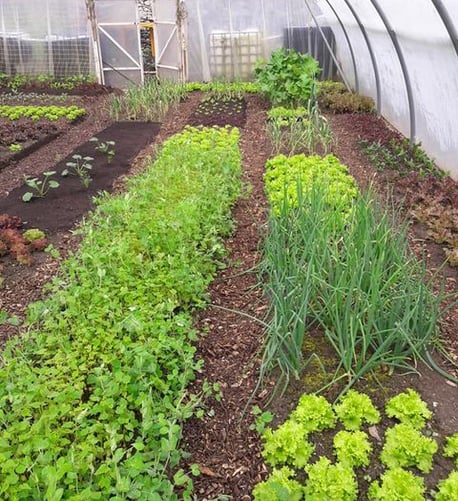

1 in 5 people today suffer from IBS, and 80% of hospital bed nights are due to only 6 chronic conditions each stemming from inflammation, with inflammation itself generally arising in the gut. Ireland imports over 95% of its vegetal food supply. Spending to support local food will show a direct correlation with improved health status of citizens, lower health costs to the state, and lower carbon emissions across the food sector. With geopolitical conditions as they are, the effect of these on supply and price, and with the approach of the Carbon Border Mechanism of 2026, by which the emissions profile of imported food will be included in the shelf cost, Ireland needs to do more to support natural, local, organic and regenerative local food production. This also implies supporting education and training that relates the logic and importance of this activity not only
When deciding on a site, having spent time as a child in the garden of John and Ena Ferrar of number 1 Oxmantown Mall, Eimhin
Initial funding was sought from the Plunkett Foundation in the UK, the national support organisation for cooperative development, on the basis of the projects shared ethos and aims, and adjacent advocacy work for the cooperative sector in Ireland taken on by the founder up to that time. The “Growing Livelihoods” programme hosted by the Plunkett Foundation in partnership with Carnegie UK, aimed at stimulating local food provision across the UK and Ireland, and awarded the Growery €8,500 to assist with the start-up phase of the work.
found that the walled garden to the rear of the house was vacant and overgrown, with the walls completely covered in Ivy, having been left fallow since John’s death in the nineties. John Ferrar had been the manager of the saw-mill at Birr Castle, and the ownership of the house and garden was and remains that of Oxmantown Settlement Trust. The OST agreed to lease the garden for 5 years initially in support of the project’s development.
in terms of environment and climate, but also in terms of the health and wellbeing of the social and economic layers of people, society, and the state.
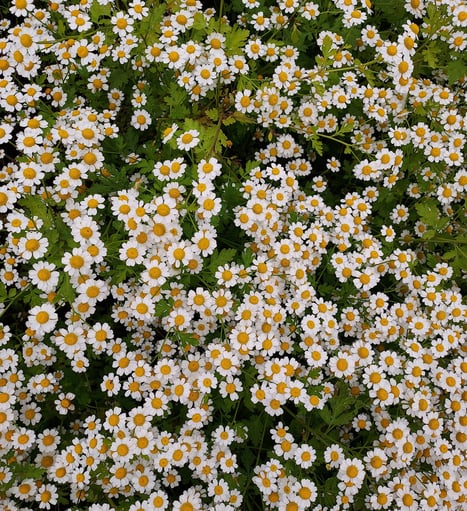

Over the course of the next 6 years the space was transformed, at the pace of daily hard work, with hand tools, without access to water , electricity, or machinery larger than would fit inside a standard sized door-frame. The space was opened to potential members, and the door remained open to the wider community and to those willing to participate in work. During this time the general goal was to develop the space to facilitate education and training in small scale horticulture, health and well- being, and localised climate action. The initiative forged a host of local, national, and digitally facilitated collaborations to ‘test-drive’ a variety of project applications. In this role of rapid pilot trialling, the Growery became a kind of pilot-innovation space, examining what partnerships are possible for this setting in a small rural town of 5,000 people.
From the beginning the Growery looked to Birr in its historical context as a place where new forms were established and spread throughout the island as per the history of the RígDál meetings of old that lead to the laws of Adamnáin being written and spread from here.
Over the years an impressive range of trials, community partnerships, national workshop tours, local community events, television appearances, magazine and paper publications, an online group following, successful education and training programmes, and localised outreach projects have come about. In 2019 we welcome 38 individual groups from around the country (486 people) for tours, trainings, site visits, and/or project development, and this not including the casual day visitors in attendence. All courses we have run to date have been booked to capacity, and there is a clear market for the produce of the initiative, though at its current scale this is not economically feasible.
It is admittedly difficult to pin the Growery down in terms of a single category, whether to climate, horticulture/food, community arts, social inclusion, renewable and organic technologies, land use, science and technology or any other ‘one-size-fits-all’. The space has played host and catalysing agent to a great number of initiatives fitting these descriptions in some way over the past 7 years. This is by design. Built with a view to replication across rural Ireland, it was decided that the initiative should explore as widely as possible in order to demonstrate the rich viability that exists in an otherwise simple setting.
This history of replication from ‘place’ is a fitting basis for trialling and developing a creative small scale food, climate and well- being hub.
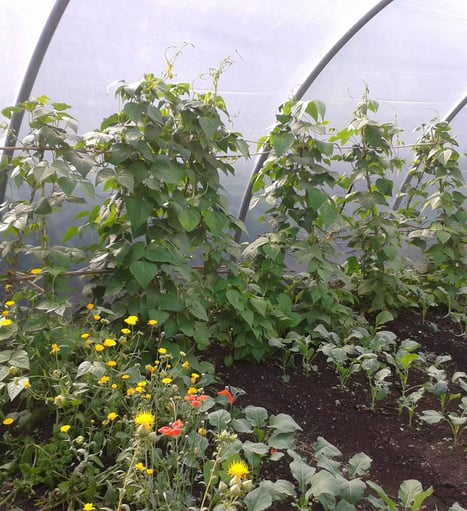

From the outset we had intended to trial and pilot test as widely as possible while developing the space to accommodate education and training as the primary output of the five year plan, begun in 2015. In this respect the model has been highly successful as can be seen from the non-exhaustive list of partnership projects developed and launched through the space added below as an appendix to this document. The Growery also achieved its aims in developing a bespoke education and training course at the space.
Offaly Local Development Company had funded our bespoke training programme through the rural development funds and a course schedule of 15 subjects by leading national and international facilitators was begun in early 2020.
Since then the Growery has hosted no major events, but has kept an online presence sharing activities, skills, tips and media through our facebook group of over 1100 members.
Our last application for video and projection tools to facilitate the space to move into the new digital dimension was scuppered by an administrative fault on our (my) part, and the founder then took on a full time position with a cooperative working in the climate space that lead to his securing over €1.2million euro for regenerative transition in farming practices and the rewetting of peat soils in agricultural settings here in Offaly, leaving still less time to develop the Growery. This success in itself clearly demonstrates the applicability of the type of knowledge that accrues in this approach to soil health, biodiversity, water and carbon cycles, and land use in general as an ecological landscape management approach.
All places available for the first three courses sold out, and the scale of the positive response was really very exciting. But then came March of 2020 and with it Covid and the program had to be brought to a close, with moneys returned to OLDC to redistribute in the County to initiatives that could in fact conduct their activities in keeping with the various lockdowns ongoing.
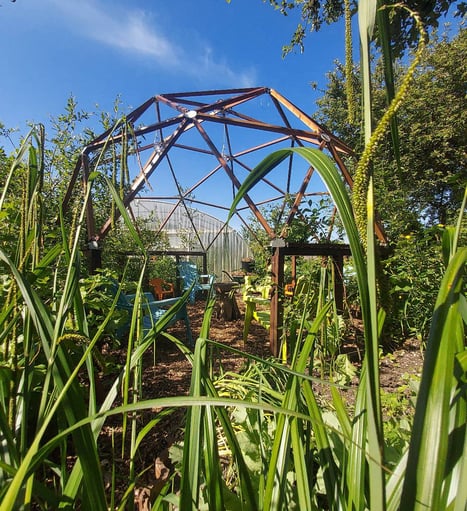

Plans for the future of the Growery are highly dependent on security of tenure, an issue that faces a growing demographic of landless young people with ecological and climate focussed interests who have understanding and energy but not capital enough to secure the lands necessary to achieve their aims. The county of Offaly has the largest state and semi-state landholding of any county in the country at over 65% of the total landmass. If there were an appropriate place to begin to develop solutions in this space, then Offaly is clearly the county. We envisage the role of the Growery as that which demonstrates the untapped potential, as it has done over the last number of years, of making space available for community use, while also broadening activities to include regenerative community supported agriculture and land management in combination.
This document was written to answer the question of “What is the Growery ?” which has been addressed here in terms of the development of the initiative to date. Given the scope of activities over the last 7 years it is impossible to include everything that has taken place, but I hope this gives some flavour of the initiative.
The Growery is about this later element of practice and experience, and making that available to society beginning locally, and working outward from there. Thank you for taking the time to read this document.
The world is crossing a threshold of change whereby the subject and practice of climate awareness, local food security, energy and carbon in land use are coming into focus as core elements of how we proceed as a society, both here in Ireland as in Europe as a whole. To approach this future in a coherent way we need a broad understanding of the issues, their origin, and the likely solutions based not on theory, but on sound practice and everyday experience.


